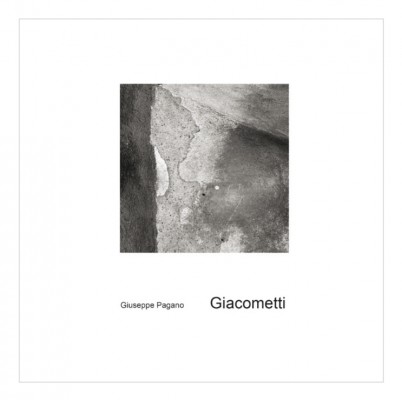Giuseppe Pagano: Giacometti

Author: Giuseppe Pagano
Texts: Giovanna Gammarota
Pages: 96
Languages: Italian/German/English
Year: 2018
Format: 210x210 mm.
Binding: Stitch bound with headbang
ISBN 978-88-95388-33-5
€ 32,00
Giuseppe Pagano’s journey in the world of
Alberto Giacometti commences with the small stones placed on the sculptor’s
grave, in Stampa, at the local cemetery surrounded by the high rock faces of
Val Bregaglia. From that moment on, and on several occasions, he keeps
returning to this valley in pursuit of the evidence of a suspended transition:
“I could feel that that place was calling me” – he said – “everywhere I looked
I could see unequivocal signs, as though his presence were blocked in that place”. It is only through death that
man is, in some way, freed. Death makes life solemn and so, as Berger says,
“the essence of Giacometti’s work is the awareness of death”.
Since the purpose of action while alive is to see, too much seeing is
rather like not seeing, and what is it that we don’t see in life, if not
death? Notwithstanding this, Giuseppe
Pagano performs this activity of seeing without ever succeeding in
“fully
rendering” his vision of reality, just as the Swiss sculptor had always
frantically sought to do.
